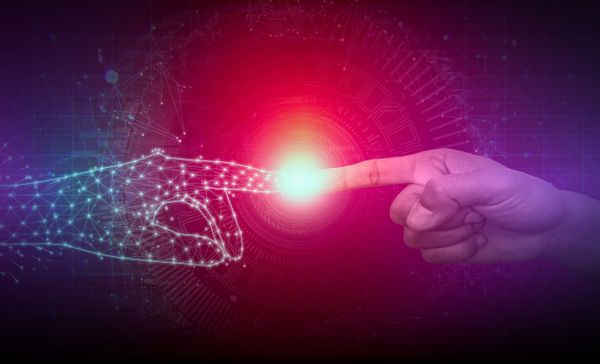Stop Cyberbullying Day: The impact of cyberbullying on children's health and well being

From social media to online gaming, children today have more opportunities to interact with each other virtually. Unfortunately, not all interactions are positive, and sometimes a conflict can escalate into cyberbullying.
According to a Bitdefender study (“Teens and online Threats”, December 2017), 3 out of 10 US teens say they were bullied or assaulted online at least once, and half say they have friends who have suffered from online bullying. Teens aged 13-16 suffer most from online bullying.
According to a survey of US students, mean comments were the most common form of online harassment, accounting for 22.5% of all cases, followed by online rumors (20.1%), and sexual remarks (12.1%).
Others include threats, pejorative labels and aggressive language, posting or sending photos of the victim, profile hacking.
Effects on the victim
Bullying in cyberspace is more persistent than bullying in person. The victim might feel it’s a permanent thing – even kids know that once something is out there on the internet, it never goes away. Secondly, it spreads to unknown destinations, and the victim can feel at times like the entire world knows what it is going on.
Psychologists say each person’s response to being bullied online is unique, but research has shown some general tendencies: fear, anxiety, low self-esteem and depression.
A survey of 5,400 US teens nationwide sounds the alarm — a whopping 64% of cyberbullying victims say that it “really affected their ability to learn and feel safe at school.”.
Vulnerability and loneliness. Cyberbullying can cause children to feel ostracized and isolated, with no place to feel safe. Friends and family can provide comfort and support, but if the child chooses not to open up, s/he is alone in this battle.
Health problems. Cyberbullied victims experience stomachaches, headaches, poor appetite, sleep disturbances and other physical ailments.
Depression. Some children develop depression and suicidal thoughts as a response to persistent cyberbullying.
Effects on the bully
Cyberbullying also has severe effects on the bully. Parents must know that their child can be a bully, and if this is the case, they must find out why, and provide treatment and support. Without help, bullies are prone to poor school performance, anti-social behavior and substance abuse, and are less likely to be employed in adulthood.
A study led by a group of scientists in Norway showed that all groups involved in bullying during adolescence, both bullies and victims, experienced adverse mental health outcomes later in life. Victims showed depressive symptoms in adulthood, and both groups had an increased risk of mental health disorders.
It is imperative that schools, families and communities work together to understand and stop cyberbullying. There are a lot of online resources and associations that can help, and tech tools can also be used to decrease and, hopefully, eradicate cyberbullying – for example, Bitdefender Parental Control* alerts parents when children experience potential cyberbullying in their online conversations so they can intervene in time.
*The Detection of Cyberbullying and Online Predators functionality is no longer available in Bitdefender products.
tags
Author
Cristina is a freelance writer and a mother of two living in Denmark. Her 15 years experience in communication includes developing content for tv, online, mobile apps, and a chatbot.
View all postsRight now Top posts
Start Cyber Resilience and Don’t Be an April Fool This Spring and Beyond
April 01, 2024
Spam trends of the week: Cybercrooks phish for QuickBooks, American Express and banking accounts
November 28, 2023
FOLLOW US ON SOCIAL MEDIA
You might also like
Bookmarks








